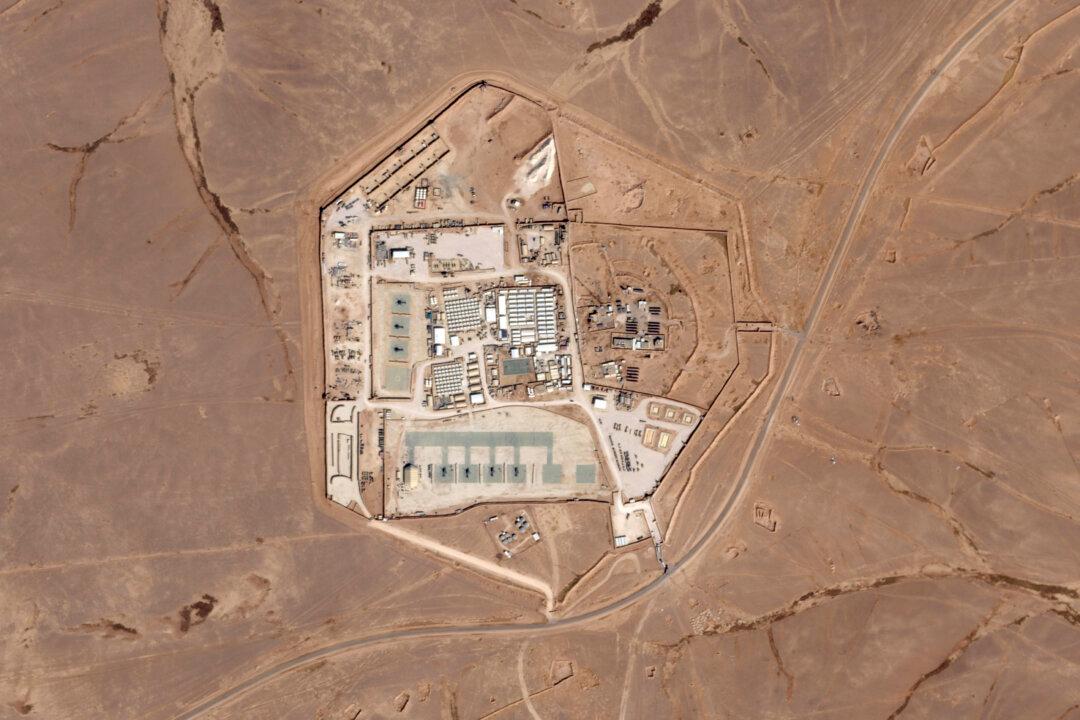President Joe Biden is weighing different options for retaliation against an Iran-backed terror group following the death of U.S. soldiers in Jordan.
A drone attack on U.S. troops stationed in Jordan killed three Army Reservists and injured 40 others on Jan. 28.




